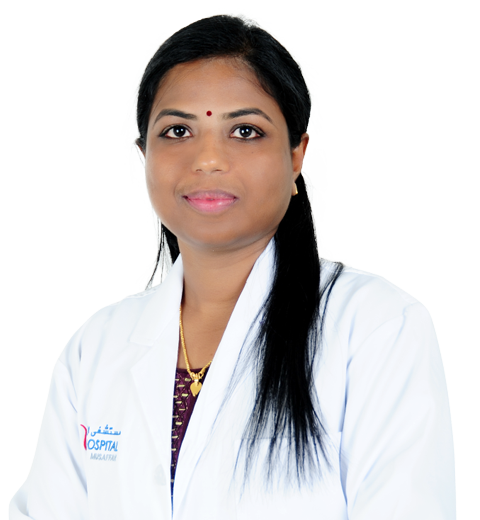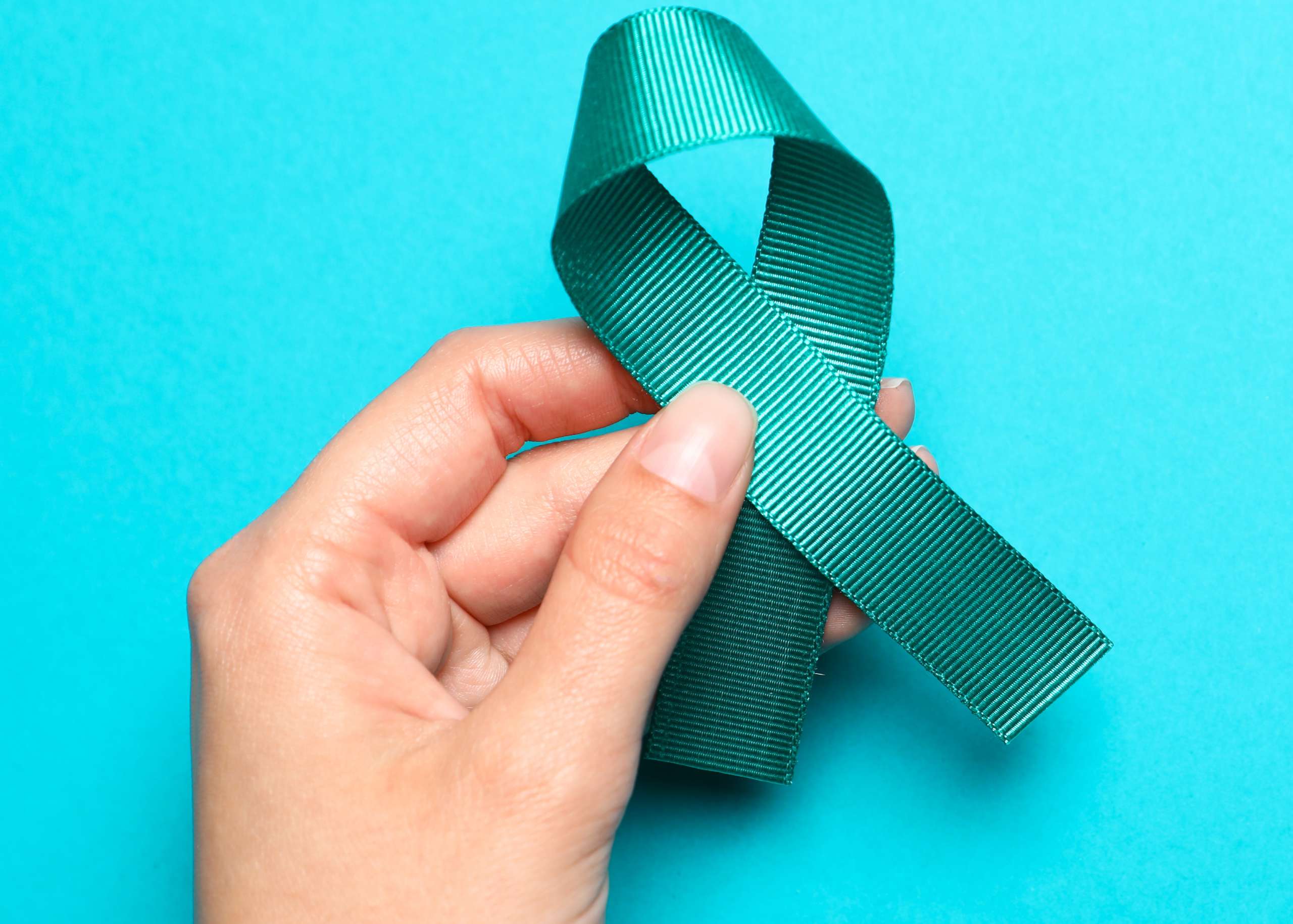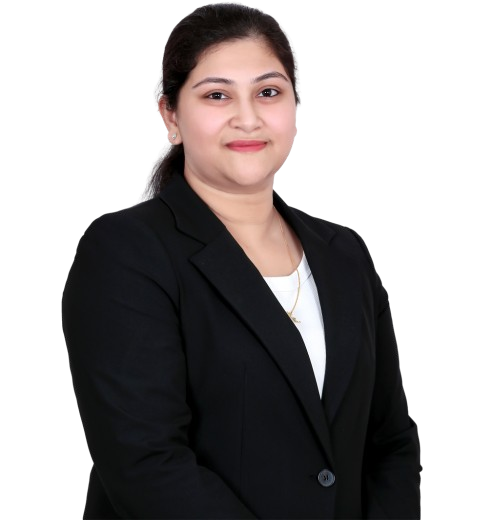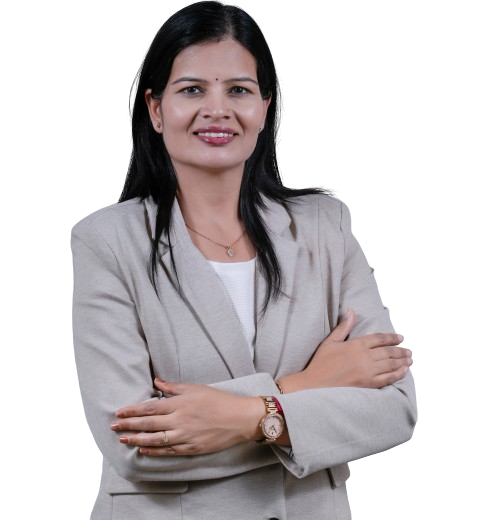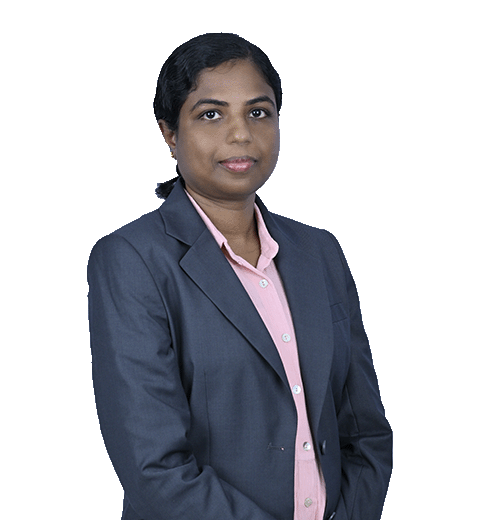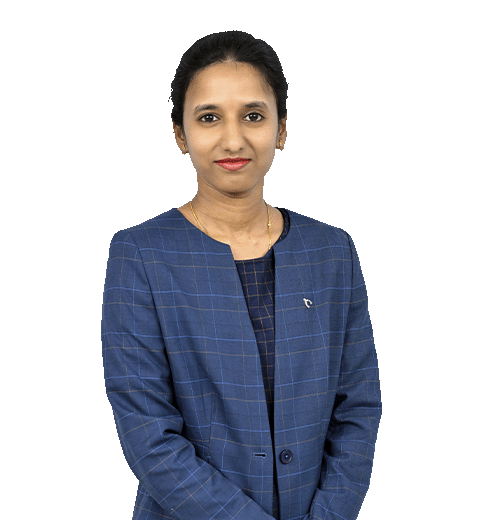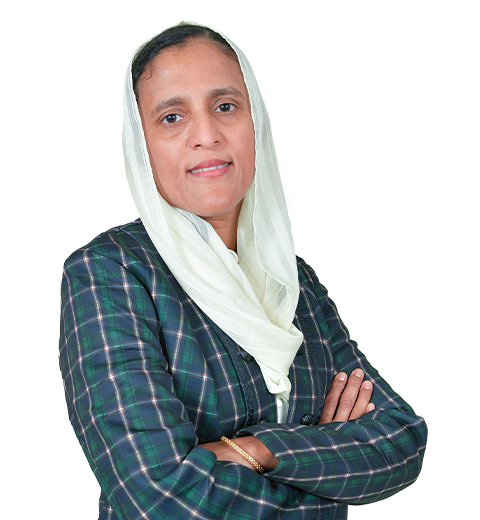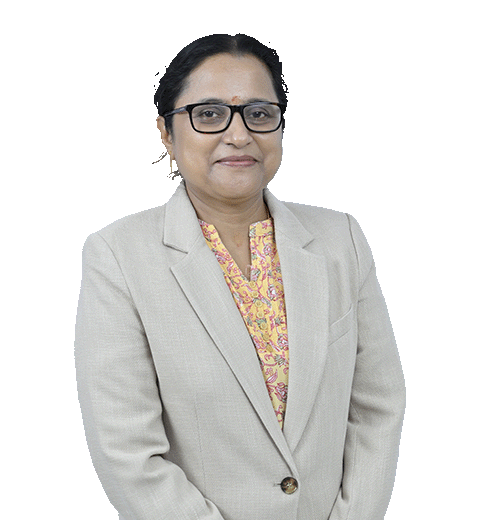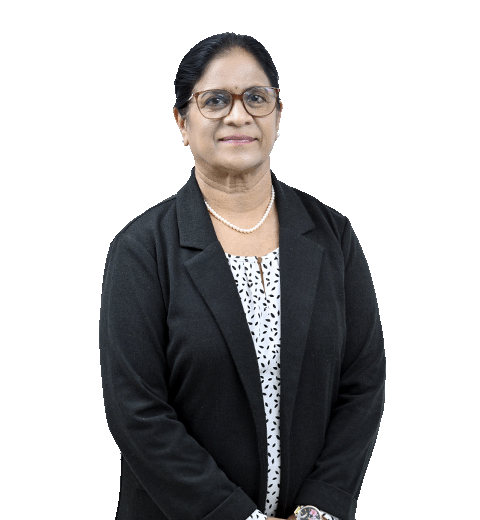Don’t Let PCOS Define You
Polycystic Ovary Syndrome (PCOS)
PCOS is a prevalent hormonal disorder that commonly affects women in their reproductive years. Research suggests that up to 10% of women may be affected by PCOS.
Polycystic ovary syndrome (PCOS) is a condition that can lead to an array of symptoms, such as:
- Irregular or absent periods
- Excess hair growth (hirsutism)
- Acne
- Weight gain
- Difficulty getting pregnant
- Mood swings
- Depression
The exact cause of PCOS is unknown, but it’s thought to be due to a combination of factors, including genetics, insulin resistance, and inflammation. While PCOS doesn’t have a cure, there are several treatments available that can help manage the symptoms associated with it.
These treatments may include:
- Birth control pills
- Metformin (a medication that helps control insulin levels)
- Spironolactone (a medication that helps reduce excess hair growth)
- Lifestyle changes, such as losing weight and engaging in regular physical activity
If you think you may have PCOS, it’s important to see a doctor for diagnosis and treatment. With proper treatment, most women with the condition can live normal, healthy lives.
Here are some additional things to know about PCOS:
PCOS is not your fault. It’s a hormonal disorder that you can’t control.
There are many effective treatments for PCOS. It’s important to remain persistent even if your initial treatment plan doesn’t yield the intended results. It can affect your fertility, but it doesn’t mean you can’t get pregnant. Talk to your doctor about your fertility options.
It can also increase your risk of developing other health problems, such as type 2 diabetes, heart disease, and sleep apnea. It’s important to see your doctor regularly for checkups and to manage your risk factors.
If you have any questions or concerns, visit Maa clinic at LLH Hospitals. They can help you understand the condition and develop a treatment plan that’s right for you.
Here are some lifestyle tips that can help manage the Condition:
- Eat a healthy diet. Consuming a nutritious diet with plenty of fruits, vegetables, and whole grains while limiting processed foods, sugary drinks, and unhealthy fats.
- Regular exercise of at least 30 minutes of moderate-intensity most days of the week is also crucial.
- If you’re overweight or obese, losing even a small amount of weight can significantly improve symptoms.
- Manage stress, which can exacerbate the symptoms. Incorporating stress management techniques like yoga, meditation, or spending time in nature can help promote relaxation and alleviate symptoms.
Living with PCOS can be challenging, however it’s important to remember that you’re not alone in this journey. There are various resources accessible to assist you in managing your symptoms and maintaining a healthy lifestyle.
Our Experts
